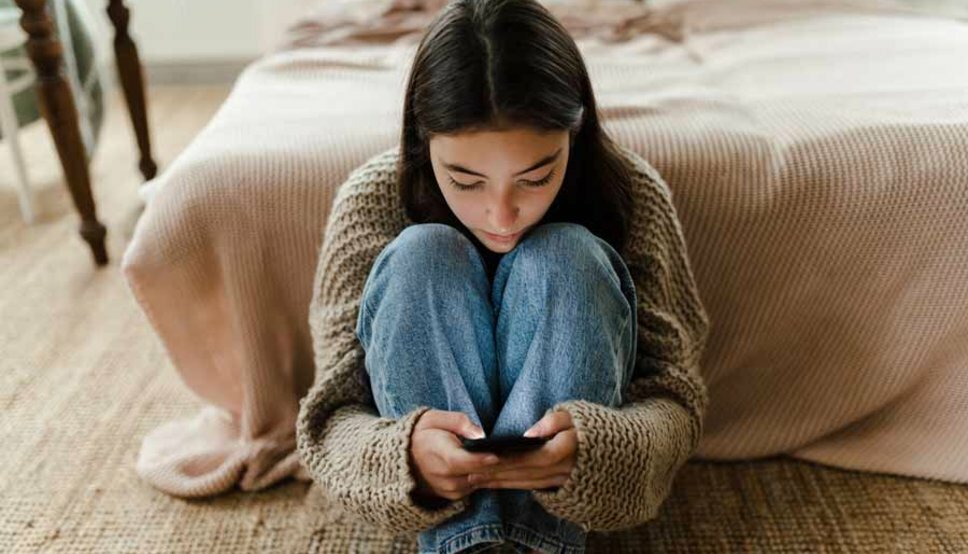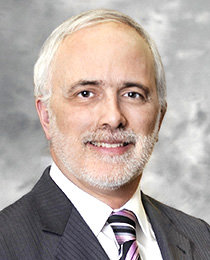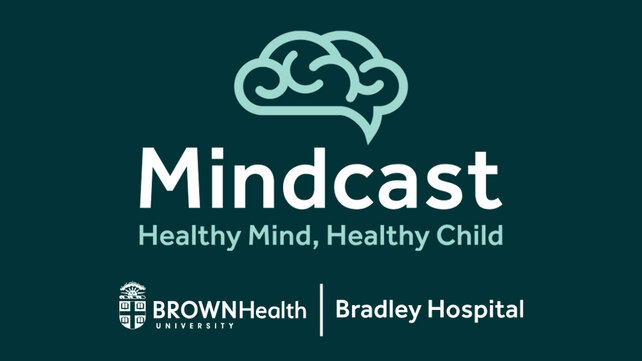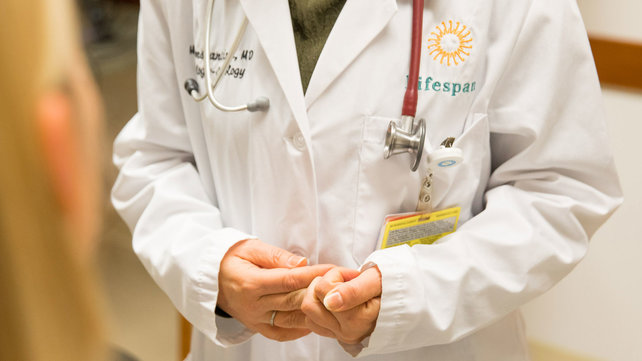Children with Developmental Challenges and Social Media

Social media is pervasive within our society. Often, it gets demonized for its potential negative effects, particularly among youth. Yet, there are pros to using social media. For children with developmental challenges, it adds another layer to the social media debate. It is critical to strike an appropriate balance, so kids and teens get more of the good out of social media and less of the bad.
A way to build relationships
Children with developmental challenges often have an aversion to in-person social interactions. For these kids, social media offers a way to form one-on-one relationships.
Here at Bradley Hospital, we’ve seen children develop these relationships in the social world. While they may be at a distance, it is a connection with another person. In this way, social media helps them come out of their shell a bit more. They become more engaged and can further develop social skills in the process.
Lack of social awareness and the danger of “influencers”
The concern, however, is that some kids don’t possess the social awareness to know when they might be in harm's way. Sometimes the people they engage with on social media might take advantage of that innocence. They may influence them to form certain attitudes that could be dangerous to the community and society. These influencers purposely target vulnerable populations.
What parents should watch for
It’s important for parents and caregivers to recognize when a child might be subject to such influence—before their child gets into a risky situation. One red flag is if a child starts to withdraw from activities they love and becomes increasingly isolated.
Another sign is if they begin to have a point of view that doesn’t align with the family’s values. This could be an indication someone in their circle is having a negative influence on them.
The metrics issue and self-worth
One big issue with social media is that teens can start to base their self-value on metrics and how many “likes” a post receives or how many followers they have. If they put up a post, and they don’t get what they consider an acceptable response, it’s a ding to their self-worth.
Effectively, these teens are taking their sense of self and giving control of it to someone else. Teenagers often do that to some extent anyway. But the immediate feedback on social media presents a real challenge for individuals. It places them at risk of negative self-assessments on a regular basis, quickly, without much evidence that there's anything behind it in the real world.
What parents can do about social media
Parents and caregivers must have honest and open conversations with their children about social media use. It’s important they remind children that this social world does not represent the truth. Let them know that social media posts are not necessarily fact checked, and that perfect photos have likely been edited in some form or fashion.
While some parents choose to monitor their child’s social media interactions, that’s not always the answer, either. It might be helpful, but kids are very adept and sophisticated in this area. They find other outlets for the connections they want to make, and adults are not quite as savvy in understanding and seeing the whole picture. It can be dangerous to assume that just because parents are monitoring, they pick up on everything.
Some parents may choose to take away an adolescent’s phone or block other digital access. Unfortunately, for many children, their identity is so wrapped up in their phone, this can lead to a great deal of angst. Instead, it is more helpful for parents to talk with their child about expectations and consequences and appropriate use of social media when their child is calm.
Placing limits on your child’s social media use is also important. The latest research recommends that parents limit a child to between one hour to an hour and a half of social media use per day.
Finally, be a role model for children. They can see what you are posting on your own social sites. Be sure your own interactions and your use of technology is in line with what you expect from your child.
Finding the good amidst the bad
While there are many negative reverberations that arise from social media, there is also an opportunity for positive effects. There are kids who would otherwise be very socially isolated, who are now able to create their own community. Being connected, even virtually, brings them a certain level of comfort and satisfaction they might not otherwise have.
You can listen to a MindCast podcast on this topic or learn more about the pros and cons of social media in this post.

About the Author:
Henry T. Sachs III, MD
Dr. Henry Sachs, president of Bradley Hospital, has been an attending psychiatrist at Bradley Hospital, treating children with autism and development disabilities for more than 23 years. Dr. Sachs is also an assistant clinical professor in the Department of Psychiatry and Human Behavior at The Warren Alpert Medical School of Brown University.
Be Well Newsletter
Social Media 101

Listen to the Podcast
Dr. Tanuja Gandhi discusses social media and how to best navigate it in today's world.
Find a Doctor

The right provider is in our network
Search more than 1,200 providers in our network.
Related Services
- Children's Services at Bradley Hospital
- Bradley Outpatient Services
- Child Psychiatry
- SafeQuest Program
- Center for Autism and Developmental Disabilities (CADD)
- Child & Adolescent Partial Hospital Programs
- Bradley REACH
- COAST Clinic
- Intensive Program for OCD and Anxiety Disorders
- Outpatient Group Therapy Programs for Kids, Teens and Parents



